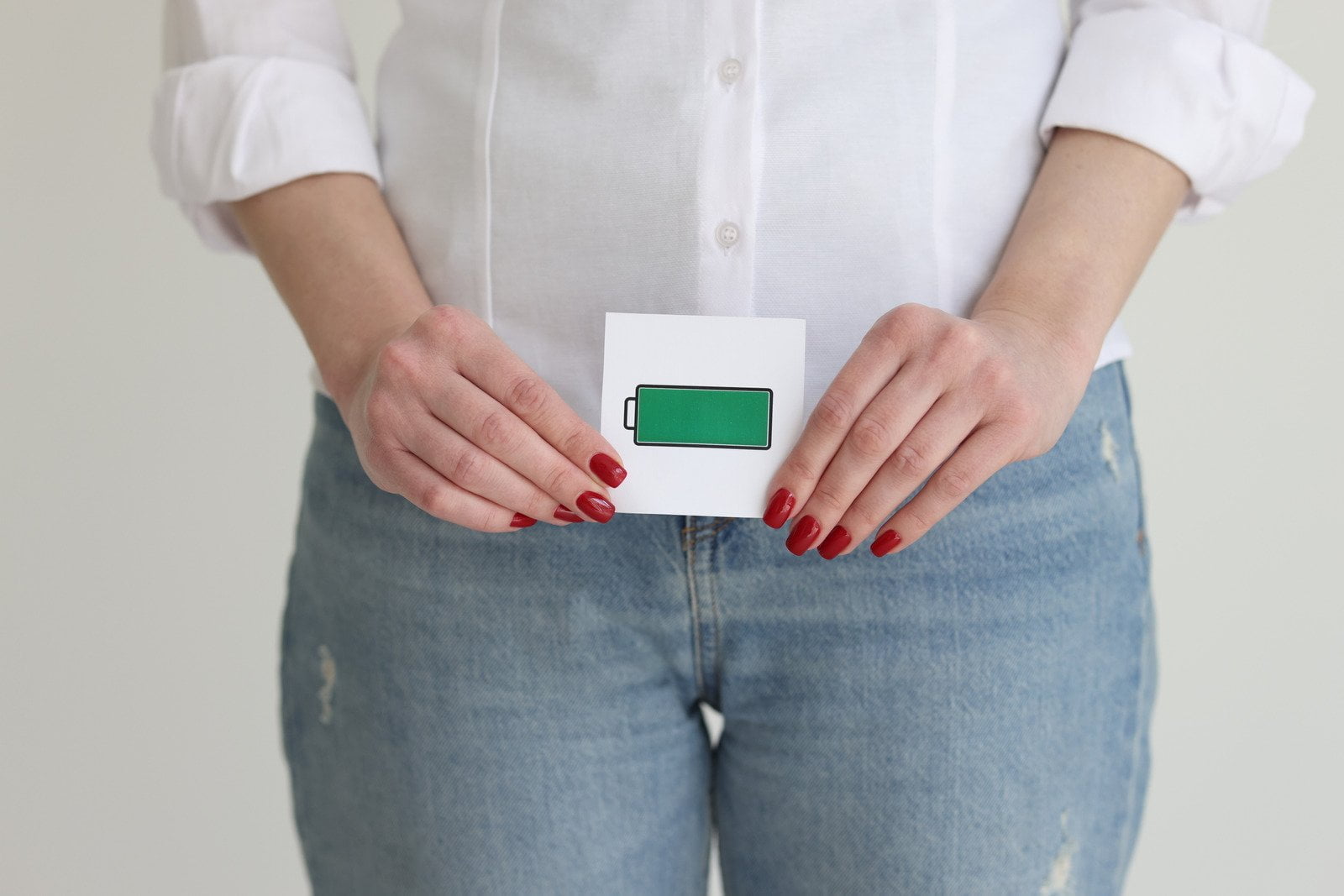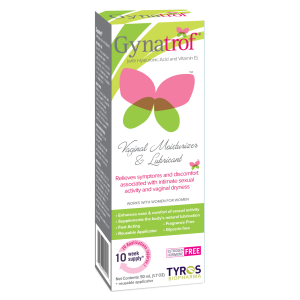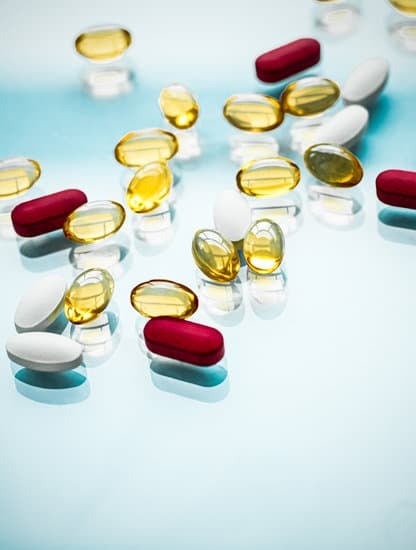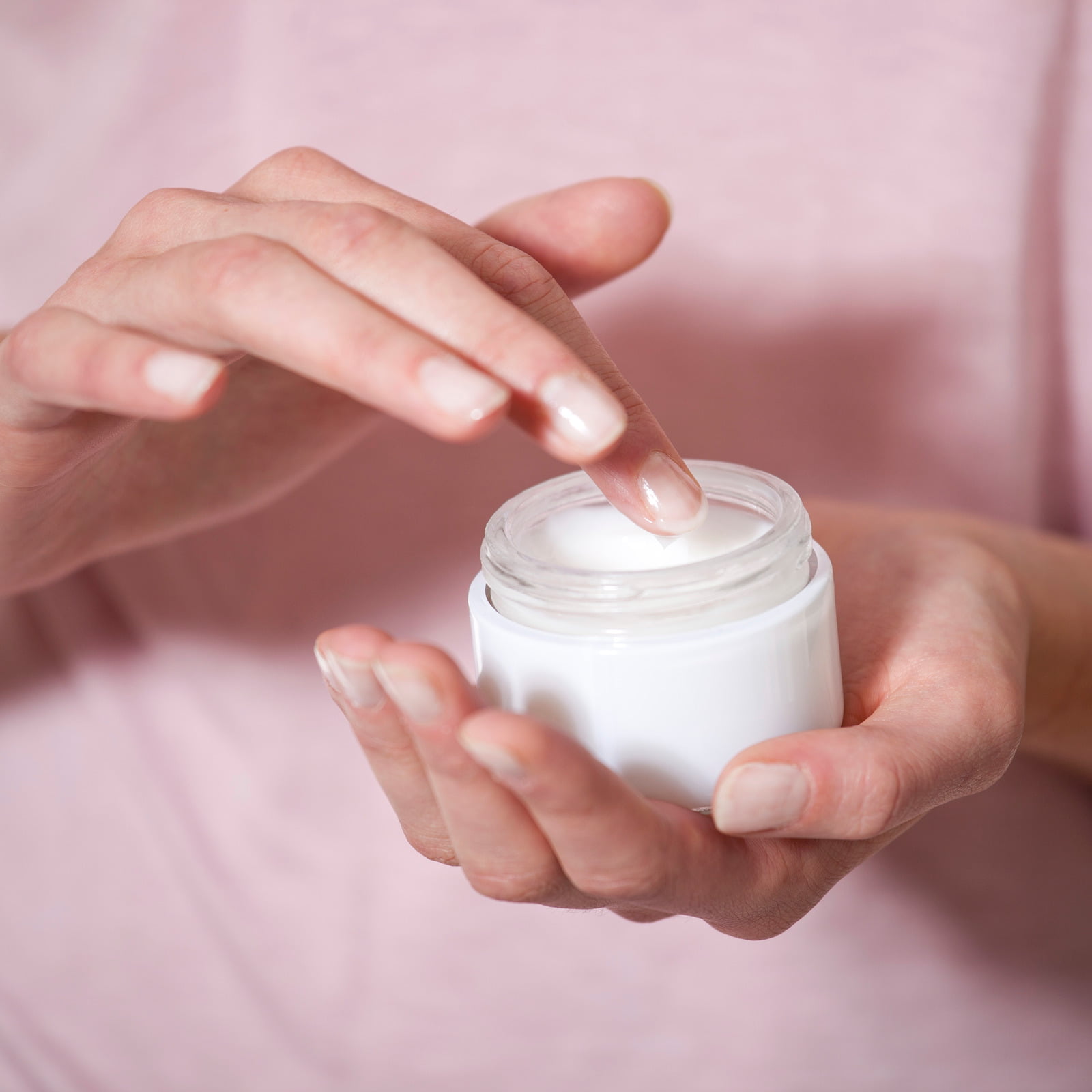Understanding the Female Libido
Numerous factors can decrease female libido, including hormonal changes, stress, aging, medical conditions, and psychological factors. As women age, the balance of hormones such as estrogen and progesterone changes, which can lead to decreased desire. Stress and psychological factors can also significantly reduce libido, and medical conditions like diabetes, hypertension, and depression can further compound the issue.
Effective Methods for Improving the Female Libido
Vaginal Lubricants and Moisturizers
Vaginal lubricants and moisturizers can help improve blood flow by increasing moisture and lubrication in the vagina and reducing friction during intimate activity. These products, especially ones that contain L-arginine, Allantoin, and Hyaluronic Acid, such as Libi-Tight Femme Gel 30g, can significantly help improve the female libido.
- L-arginine: L-arginine is an amino acid used in supplements and creams for its potential to enhance blood flow. Studies have shown that L-arginine improves blood flow to the vaginal area by increasing nitric oxide production. Research has found L-arginine supplementation and topical creams to significantly improve desire, arousal, and satisfaction in postmenopausal women due to increased genital blood flow.
- Allantoin: Allantoin, a natural compound in skin care products, offers moisturizing and soothing properties, improving vaginal health, comfort, and pleasure. A 2016 study in the Journal of Drugs in Dermatology showed that a topical cream with allantoin enhanced skin barrier function and hydration in women with vulvar and vaginal atrophy, potentially by increasing moisture and reducing irritation.
- Hyaluronic acid: Hyaluronic acid, a natural lubricant found in vaginal walls, helps maintain tissue hydration and healing. Women with feminine dryness may benefit from using hyaluronic acid-based moisturizers or lubricants, improving moisture, comfort, and pleasure. Studies have shown that topical creams and gels containing hyaluronic acid improve skin texture, hydration, and elasticity in the genital area, enhancing function, comfort, and overall quality of life. Vaginal moisturizers and lubricants, including those with hyaluronic acid, have been found to reduce discomfort and pain during intimate activity and increase pleasure and satisfaction.
Lifestyle Changes for Enhanced Libido
Improving your lifestyle can have a considerable impact on your libido. Consider incorporating these changes for better intimate health:
- Regular Exercise: Boost your mood, energy, and blood circulation.
- Quality Sleep: Aim for 7-9 hours per night to enhance overall health and hormonal balance.
- Diet and Nutrition: Maintain a balanced diet rich in aphrodisiacs and foods that promote blood circulation and hormonal balance. Including dark chocolate, oysters, leafy greens, and avocados can significantly boost your libido.
Nutrition Boosters for Libido
A nutritious diet plays a critical role in intimate well-being and desire. Incorporating foods known for their libido-enhancing properties can make a difference. These include:
- Aphrodisiac Foods: From dark chocolate that boosts endorphins to oysters rich in libido-enhancing zinc and spices like saffron that improve mood and blood circulation.
- Blood Flow Enhancers: Foods like watermelon and pomegranate are rich in compounds that enhance blood flow and arousal.
- Mood and Energy Foods: Including bananas and fatty fish in your diet can elevate your energy levels and improve your mood, contributing to a healthier libido.
Common Questions about the Female Libido
Should I consider seeing a therapist for low libido?
If you’re struggling with low libido and it’s affecting your relationship or well-being, consulting a therapist can be very helpful. They can provide strategies for enhancing libido, improving communication, and addressing any underlying psychological factors.
How does stress affect female libido?
Stress can greatly decrease desire by affecting hormone levels and distracting your mind from intimate thoughts. Managing stress through relaxation techniques, exercise, or therapy can help improve libido.
How can Libi-Tight Femme Gel help?
Libi-Tight Femme Gel enhances blood flow, increases moisture, and reduces friction during intimate activity, making it easier to enjoy and desire intimacy. Its key ingredients, including L-arginine, Allantoin, and Hyaluronic Acid, support vaginal health and improve satisfaction.
Is it normal for libido to decrease with age?
Yes, it’s common for libido to change as you age due to hormonal shifts, especially around menopause. However, many women continue to enjoy an active and satisfying intimate life well into older age.
Can medication affect female libido?
Yes, certain medications can impact female libido, including antidepressants, birth control pills, and medications for blood pressure.
How can I rebuild my libido after having a baby?
Postpartum recovery varies for everyone, and it’s common for libido to decrease due to hormonal changes, fatigue, and adjusting to parenthood. Give yourself time, communicate openly with your husband, and focus on strengthening your emotional connection. Gradually reintroduce intimacy and seek support if needed.
Are there herbal supplements that can improve female libido?
Some herbal supplements, such as ginseng, maca, and tribulus terrestris, are touted for their libido-enhancing effects.
Can mental health issues affect female libido?
Yes, mental health issues like depression and anxiety can significantly affect desire and satisfaction. Seeking treatment for mental health concerns can improve libido. Techniques such as mindfulness and cognitive-behavioral therapy (CBT) can also be beneficial.
Common Myths About Female Libido
Myth 1: A Low Libido Is Always a Problem
Fact: It’s natural for Intimate desire to fluctuate due to various life stages, stress, and individual differences. A lower libido isn’t inherently problematic unless it causes distress or affects your quality of life.
Myth 2: Intimate Desire Should Match Between Partners
Fact: It’s common for partners to experience different levels of libido. Communication and understanding are key to navigating these differences and maintaining a fulfilling relationship.
Myth 3: Menopause Ends Intimate Desire
Fact: While hormonal changes during menopause can affect libido, many women continue to enjoy an active and satisfying intimate life. Treatments and lifestyle adjustments can help manage any negative effects on libido.
Myth 4: Only Physical Factors Affect Libido
Fact: Female libido is influenced by a combination of physical, psychological, and relational factors. Emotional intimacy, stress levels, and mental health play significant roles in Intimate desire.
Myth 6: Intimate Desire Is the Same Throughout Life
Fact: Intimate desire evolves with age, experiences, and changes in relationship dynamics. What feels satisfying or arousing can shift over time, which is a normal aspect of intimate health.
Myth 7: Only Young People Have High Libido
Fact: Libido is not solely determined by age. Many individuals experience strong Intimate desire well into older age, influenced by health, relationship satisfaction, and emotional well-being.
Myth 8: Female Libido Is Too Complicated to Understand
Fact: While female libido can be complex due to its multifaceted nature, understanding the underlying factors—such as hormonal changes, emotional connection, and physical health—can provide clarity and lead to effective solutions.
Myth 9: Women Are Less Intimate Than Men
Fact: Women’s Intimate desires and needs are as varied and intense as men’s. Differences in how libido is expressed or experienced do not equate to a lack of Intimate desire or enjoyment.
Myth 10: Therapy and Counseling Are Only for Serious Problems
Fact: Therapy and counseling can be beneficial for addressing a range of concerns, including questions about intimacy and libido. These resources can provide support and strategies for enhancing Intimate well-being.





